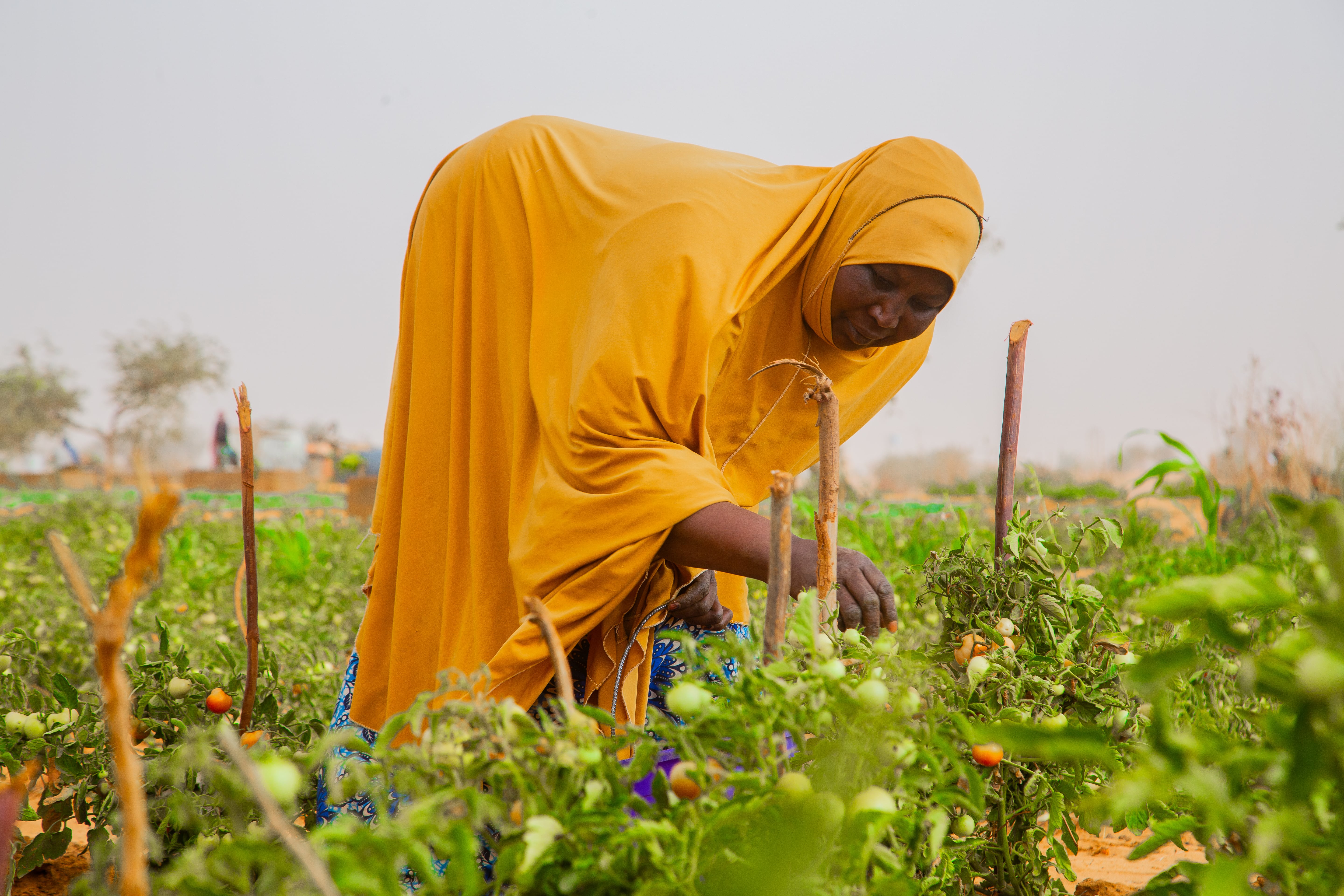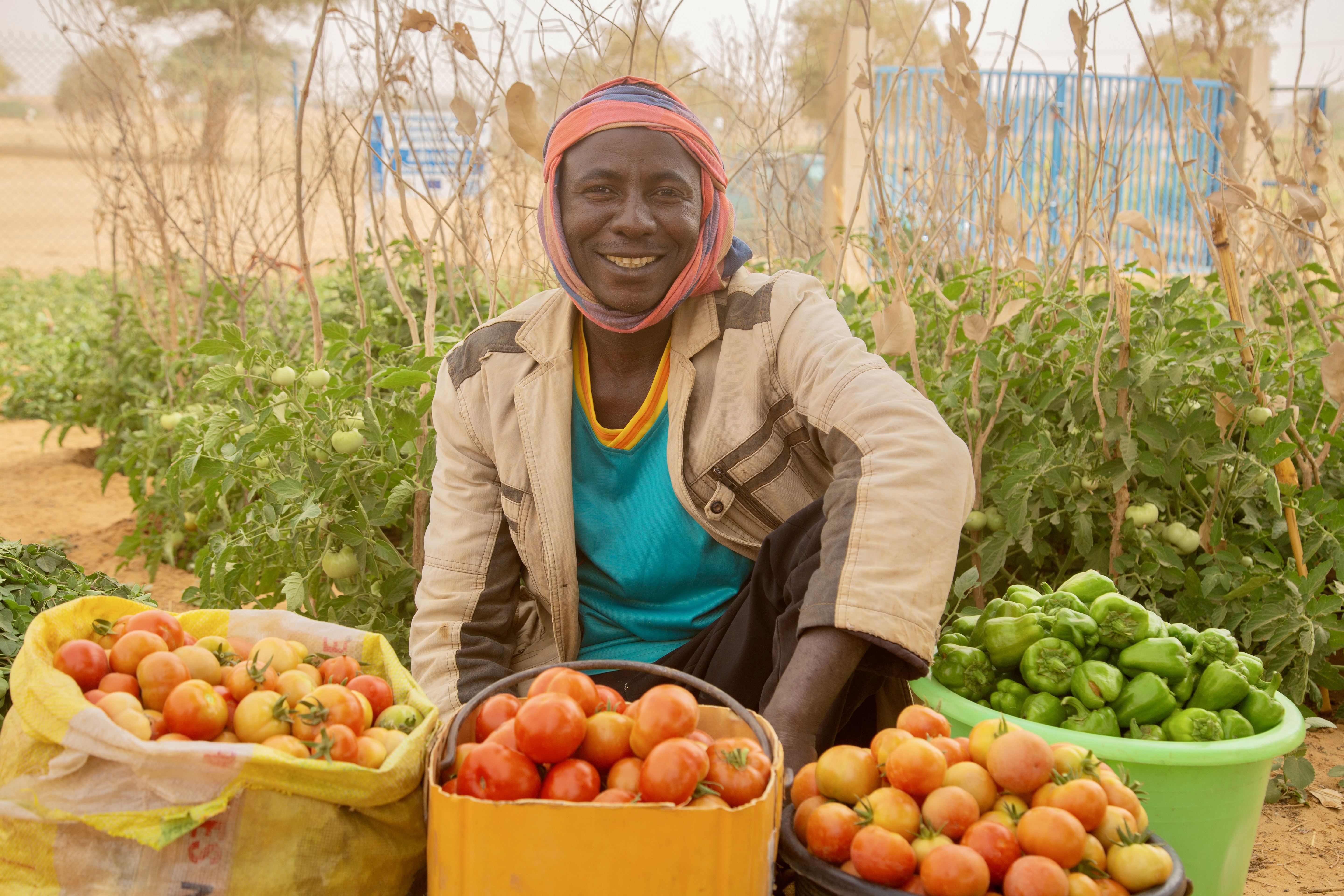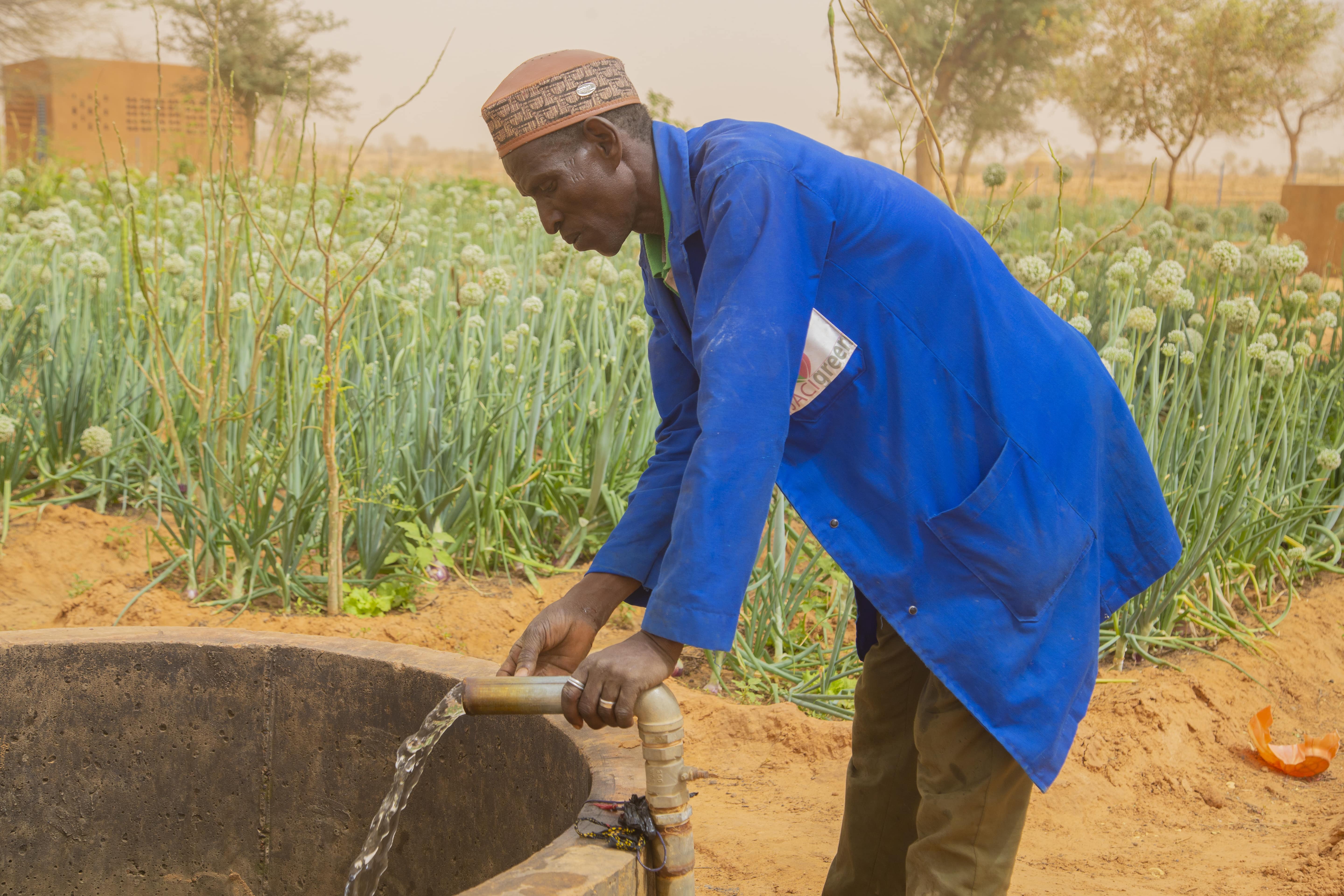Energy acts as a catalyst for socio-economic transformations, influencing all dimensions of sustainable development. Access to energy is a cornerstone in achieving food security and eliminating hunger. Not only is energy essential for food consumption—much of the food distributed by the World Food Programme (WFP) requires cooking—but it also plays a vital role throughout food systems in production, processing and preservation.
In Niger, communities face significant challenges of food insecurity and vulnerability due to climatic risks like droughts, floods and rising temperatures, coupled with environmental degradation and water scarcity. Heightened insecurity and the spillage of conflicts from neighboring countries into Niger exacerbate these issues, leading to forced displacements.
To address these challenges, WFP Niger in collaboration with the WFP Innovation Accelerator sought innovative solutions supporting the Energy for Food Security programme. This initiative identified and scaled cost-effective and sustainable energy solutions for cooking and agricultural practices across crisis-affected and stable regions of Niger.
The WFP Innovation Accelerator and WFP Niger provided comprehensive support to selected teams, facilitating the development and scaling of promising solutions. Innovations received up to US$250,000 in conditional funding toward project implementation to pilot in Niger, supported by WFP Niger staff.





